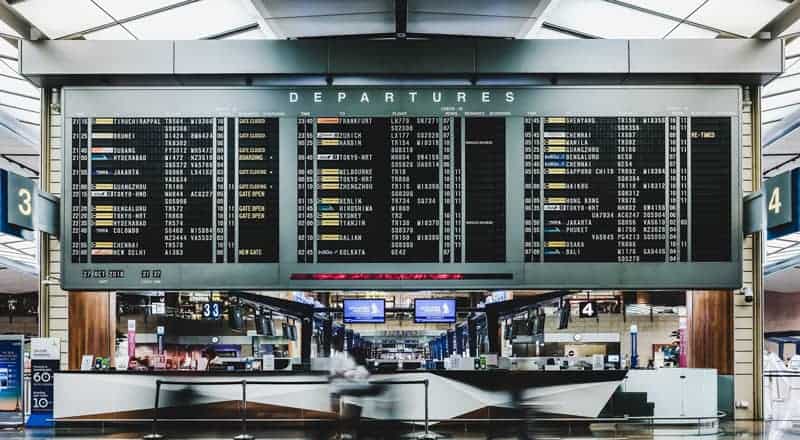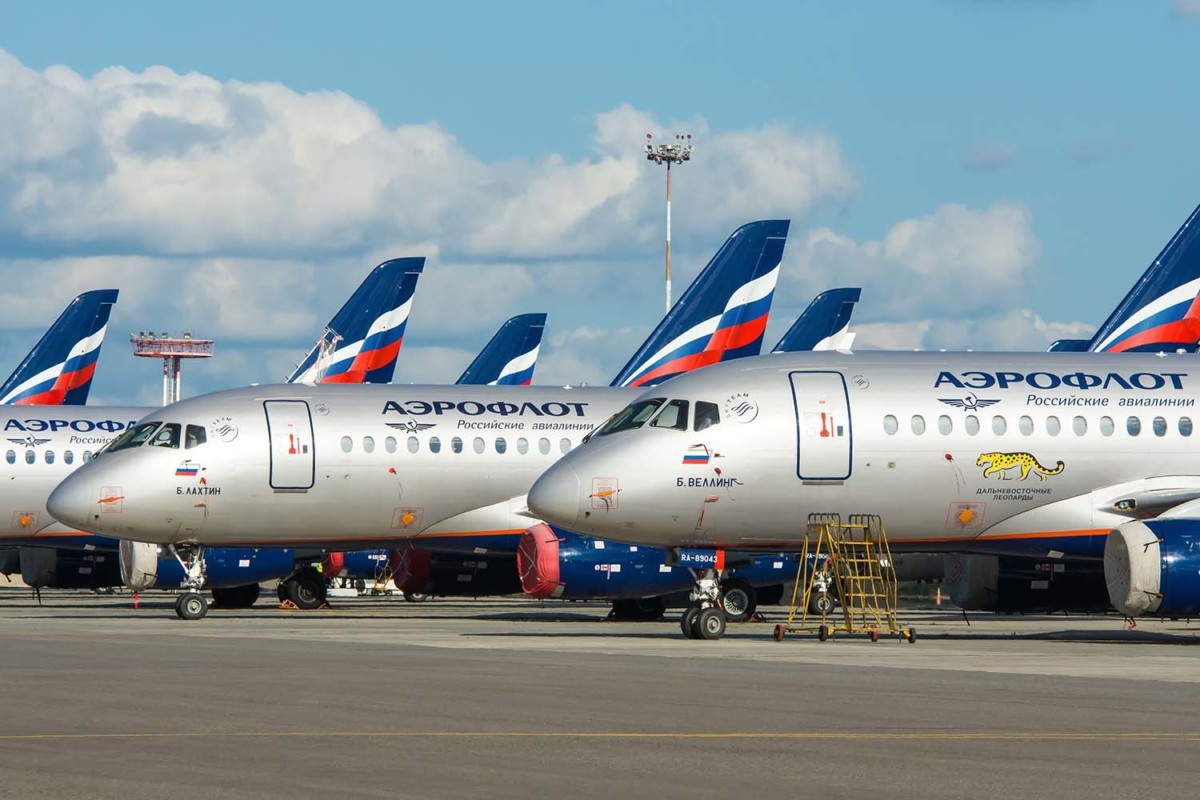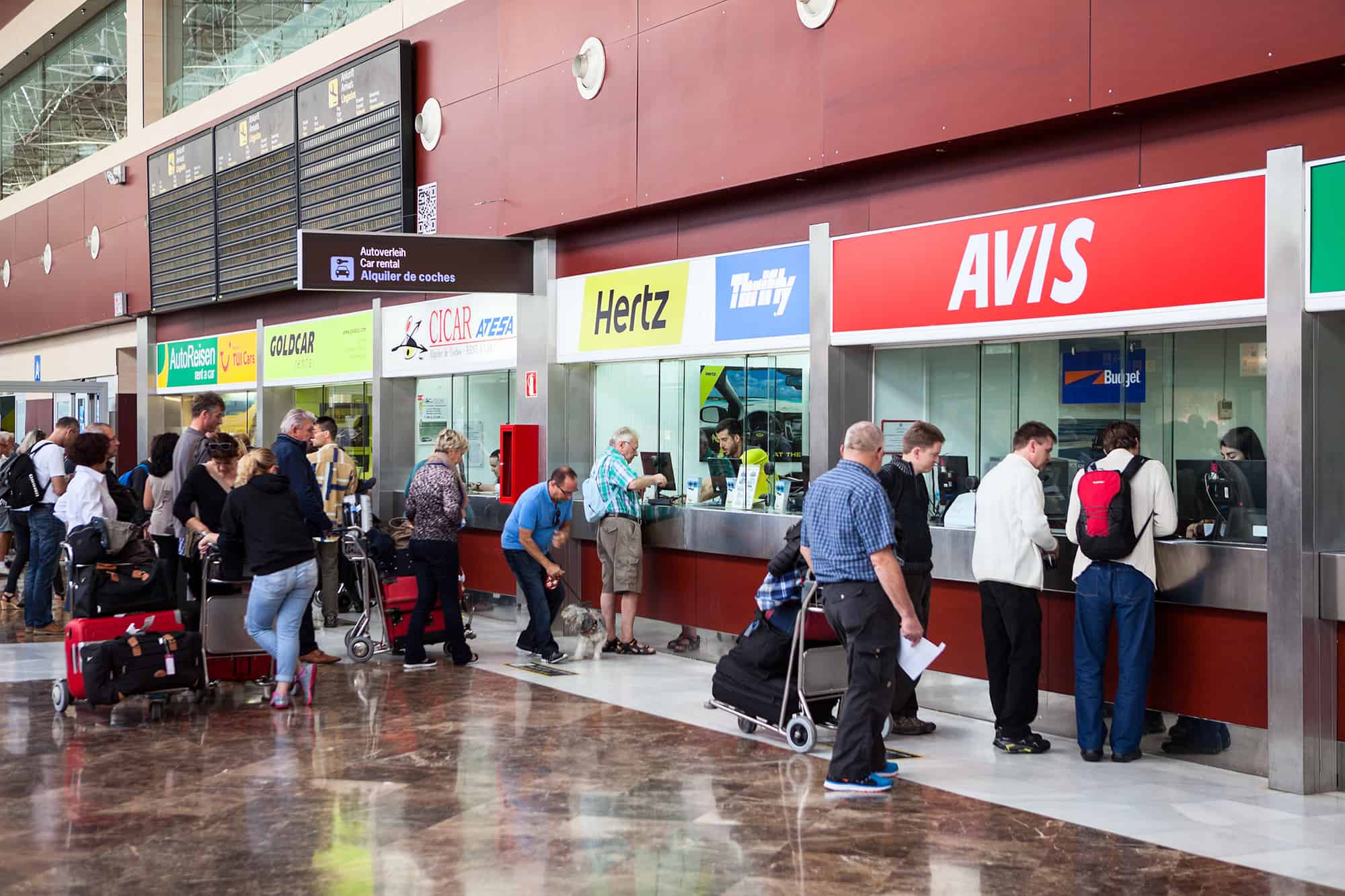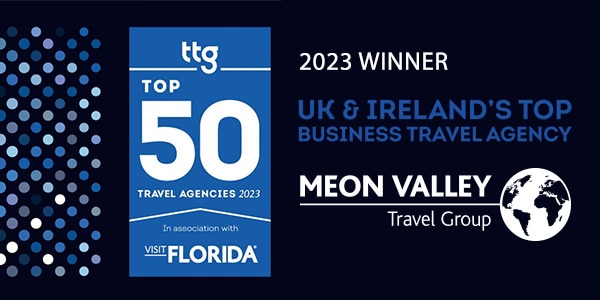On the day the UK government declared Covid restrictions unnecessary, a fresh crisis emerged with the invasion of Ukraine, bringing renewed impacts on travel.
Any conflict the scale of Ukraine’s has major knock-on effects, but the timing, as countries emerge from the pandemic, seems so far not to have dented pent-up demand. Airline chiefs are concerned, but perhaps not as much as they would be in normal times.
Delta Air Lines’ boss Ed Bastian summed up the mood during a visit to London. Bastian said the Ukraine crisis had had only “short-lived” impact on bookings, with 8 March being “the largest booking day in our history”.
“While the invasion has been a terrible tragedy, it seems people can compartmentalise and get on with their life,” he said. Delta has suspended its codeshare with Aeroflot and has no plans to reinstate it “in the foreseeable future”.
Nevertheless, the war has created obstacles to travel’s restart, with airspace restrictions and a spike in fuel prices.
The closure of Russian airspace particularly affects the polar route to Asia. Finnair has used this shortcut to grow traffic to Japan and the added detour means a Helsinki-Tokyo flight is now around four hours longer than the normal nine-hour duration.
Finnair and carriers from London operating to Japan must now fly in the opposite direction around the globe, passing over Greenland and Alaska. Flightrader24 data shows the average Japan Airlines flight time from London, pre-crisis, was 12 hours 12 minutes before the invasion. Afterwards, this reached 14 hours 50 minutes.

Ukraine airspace, despite it being western Europe’s biggest country by landmass, is more easily avoided with, for example, Virgin’s India and Pakistan flights taking an extra 30-90 minutes.
It is a different story for Russia’s airlines; before grounding all international flights on 8 March, the EU ban on Russian carriers was already posing real difficulties for Aeroflot, which had to perform a giant loop southward to avoid EU airspace.
Since then, Aeroflot has suspended international routes except for Minsk. Another 17 domestic services to southern Russia from Moscow, Yerevan and St Petersburg are also cancelled due to military airspace restrictions.

Russia’s airlines will feel more of a squeeze from the end of March, when sanctions mean leases on around 500 western-owned aircraft must end. President Putin has changed the law to re-register these in Russia, so leasing companies and insurers face a legal wrangle and potentially, a big financial hit.
Further ahead, these aircraft could eventually be declared unairworthy without Airbus and Boeing supplying parts and the upkeep of maintenance records to international standards – Putin’s actions mean Russia’s carriers could find themselves banned from international airspace a long time after the conflict ends.
For those still needing to go to Russia, there are considerable difficulties. The FCDO currently advises against all travel, invalidating regular travel insurance policies “due to the lack of flight options to return to the UK and increased economic volatility”. However, it added: “Connecting flights, largely via the Middle East and Turkey are operational for travel from Russia to the UK and other destinations.”
There are practical difficulties with the fall of the rouble and the suspension of Mastercard and Visa operations, with cards issued outside Russia not working. The FCDO advises: “You should be aware it may not be possible for you to access your funds through Russian banks or to make payments to Russian businesses with non-Russian credit/debit cards.”
Further ahead, there is the effect on oil prices, with rates approaching the 2008 peak of $147 a barrel. March saw prices topping $123, but increased US production and a fall in demand from China due to a Covid resurgence bought a reprieve. In April, OPEC is set to produce another 400,000 barrels a day, but this compares with Russia’s daily output of 10 million barrels.
The Covid hangover means no major US airline has hedged its fuel, so price increases will be passed on eventually. However, Delta’s Bastian is optimistic. “We were quite successful when it was over $100 for several years. I am not at a point of nervousness,” he said.
Both Delta and transatlantic joint venture partner Virgin Atlantic are upbeat about corporate bookings. “At present, corporate travel is already 60% back,” said Bastian. “The US is at a higher level than Europe or international, but collectively, we are back to 60%. Demand has held up really strongly.”
Virgin puts corporate travel demand at 50% of 2019 levels. Chief executive Shai Weiss said this was “quicker than we anticipated – we thought 2024/5, so we’re already ahead of that”.
Meon Business Travel’s own sales concur with the 50-60% figure.
“In the last few weeks we’ve heard from some customers for the first time since the pandemic started,” said Sales Director Julian Munsey. “There will always be a lag with corporate travel compared to leisure, because you must get the green light from the board.
“From the new financial year in April, we will probably see it step up a gear.”
The thoughts and prayers of the entire Meon team go out to everyone that has been affected by the truly awful war.






